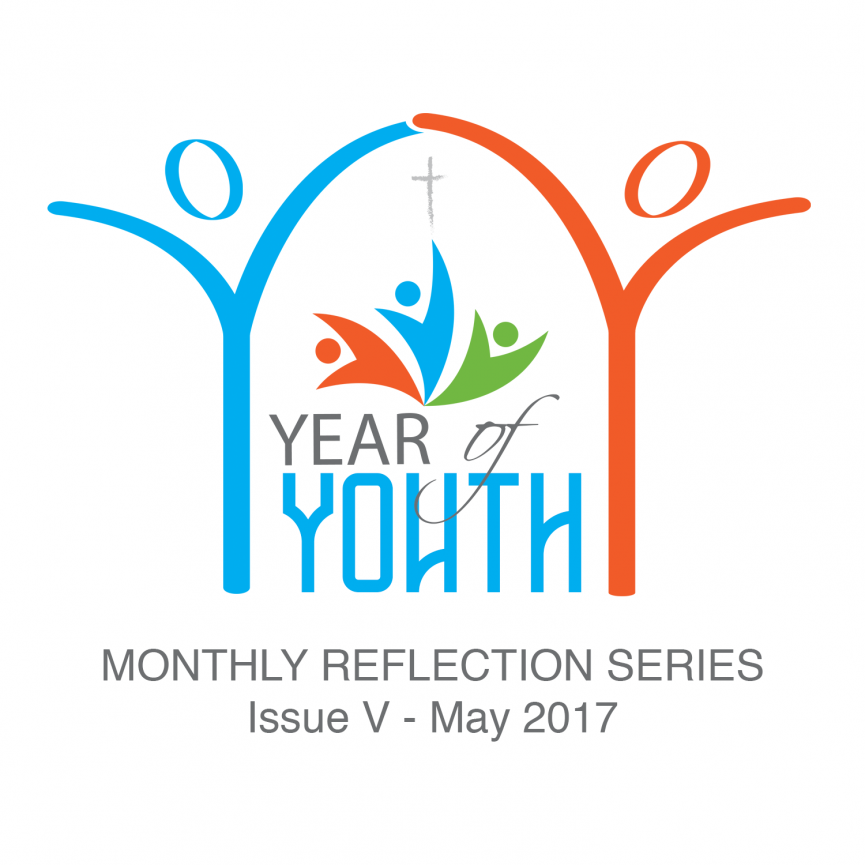Have you ever stopped to think about how you met your childhood best friend? Your friendship probably began with a shared interest– perhaps in sports, or dance, or maybe because of
a job. Over time, through your shared involvement, the friendship may have grown deeper, and perhaps expanded to other areas of your life. But more often than not, when that shared interest faded– when you quit dance classes, or switched jobs, or moved away– so also faded the friendship. Perhaps this process seems obvious. But we rarely look at our own families through a similar lens.
We tend to rely solely on our shared homes, cultural traditions, or common ancestry, to grow the love within our families, without considering their transitory nature. Often, we fail to deepen our family bonds in more profound or meaningful ways. The Church has long since recognized this deficit in our family lives and has suggested two great ways to deepen our family relationships: shared meals and communal prayer.
Throughout salvation history the shared
meal has particular significance. Abraham eating with the messenger angels. The Passover meal shared by the Israelites. In multiple occasions in scripture, Jesus eats with His followers, and we can see the closeness that develops in these small but intimate interactions. This sharing of a common meal, as experienced in the Holy Qurbana, is central to the Christian life and to a united community.
The Eucharistic celebration is simultaneously the ultimate act of worship, and a shared, communal meal. It is the only thing that transcends generations, cultures, eras, and locations, making it the central element of our identity as Mathoma Nasranis. It unites the elderly grandparent living in India, to the hard working immigrant parents, to the youth who is struggling to find his/her identity. Perhaps you’ve heard it said that “we are what we eat.” Although the statement has little practical meaning when it comes to our regular meals, it is very true when it come to the Eucharistic celebration. When we receive Holy Communion, we truly become what we eat: the Body of Christ. And as scripture tells us, the body of Christ is not a divided figure, but the unity of many different parts, each with its own purpose.
It will be impossible for us to achieve true
unity, to move beyond the extensive cultural and generational barriers, if the Liturgy is not given primacy in our communities. The Qurbana should be at the center of our quest for intergenerational unity, because it unites us in a way that is sustainable and transcendent, impervious to the natural changes that come with time.
We need to stop and ask ourselves if we have forgotten that we are first and foremost a community of faith. It can be easy to get overly caught up in our cultural identities and overlook the fact that Christ alone is the source of true unity. We are first and foremost Syro Malabar Catholics — followers of Christ and children of God. We must claim this shared identity before we can claim being Malayalee or American.
Let us strive these next few months to improve the way we pray together. To spend time with each other — not just as children, youth, adults, and achans, but as worshippers of the Eternal God. The success of this next period in the Year of Youth will be determined by how we are communally rooted in the prayer, and the eternal feast of the Eucharistic table.
Suggested Activities of the Month:
Youth, Young Adults + Older Adults
-Share a meal together as one family — leave the cell phones behind and engage in conversation!
-Spend time with your grandparents or any elders of your family.
-Attend Sunday Qurbana or go to confession as a family – make the effort to sit next to each other.
Achans
-Take time to individually visit families in your parish or mission.
-After Sunday Qurbanas, invite new families to stand and give them a warm welcome.
Kaikkarans, Parish Council Members, and Other Parish Admins
-Engage in conversation with the different age groups present at the parish/mission.
-Work with youth coordinators to form small prayer groups that include parishioners of all ages.
-Discuss the differing perspectives among different age groups and offer these in prayer.
-Celebrate birthdays of parishioners (bigger parishes/missions can do monthly celebrations).
Coordinate with Achan to cut a birthday cake after a Qurbana.



